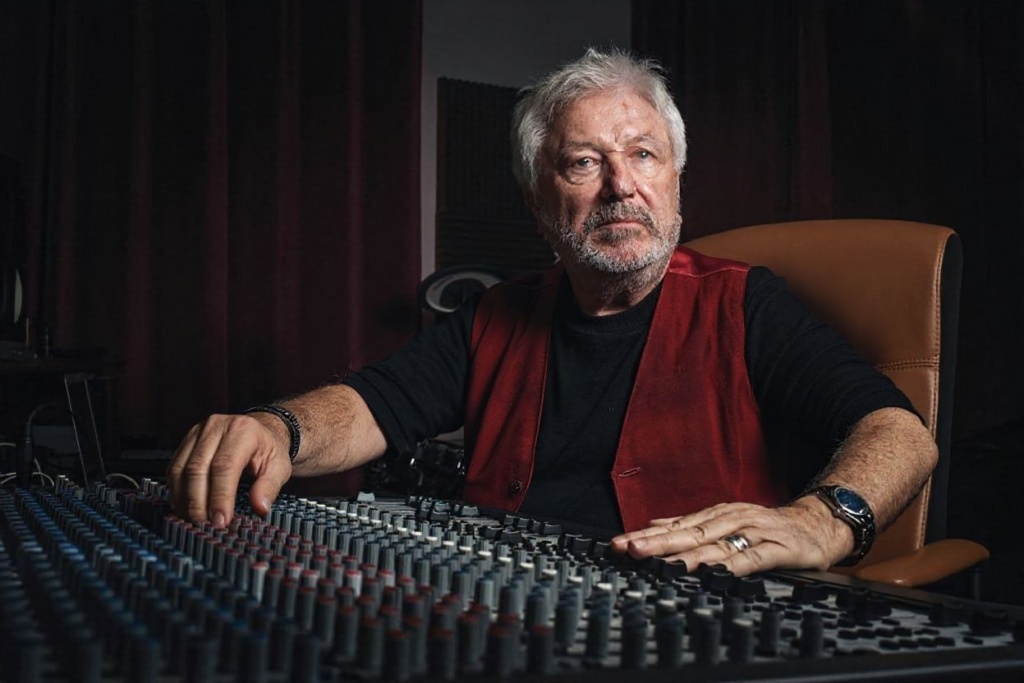
Contrary to what many think, sound engineering is more than just fiddling with knobs on a complicated console.
A sound engineer works on records and produces audio, sound, and music. Some audio engineers assist with the recording of musical or vocal performances in a studio.
Mostly, they’re the professionals dealing with all the technical aspects of sound and music, focusing primarily on the mechanics of sound and music.
Sound engineering is considered one of the fastest-growing industries today. It is predicted that the employment rate for sound engineers will increase 21% by 2030.
Career paths are as varied as they are many. Sound engineers take on roles in film, television, music studios, band crews, auditoriums and opera houses.
They often work with other production personnel too, such as musicians, composers, music producers, film directors, editors, TV news production teams, studio managers, and radio hosts.
Salaries can be high too. The best-paying positions as a sound engineer offer salaries up to US132,500 annually.
Getting a sound engineering degree
First things first: you need a sound engineering degree before you can take on the dynamic jobs that come with it.
It’s best to choose universities located in cities with thriving media and entertainment sectors, like Los Angeles, San Francisco, and New York, as it’s easier to intern and go on placements here.
Looking for prestige? Full Sail University, the School of the Art Institute of Chicago, and Berklee College of Music are three of the most well-known institutions that offer sound engineering programmes.
Here are five career paths to choose from if you have a degree in sound engineering:
 Sound engineers are in charge of creating and producing sounds for different genres.
Sound engineers are in charge of creating and producing sounds for different genres.
Sound engineer
This job requires you to help operate and maintain the technical hardware for recording, synchronising, mixing and editing sound.
Following this career path can open up the door to working in many different specialities and genres.
Most sound engineers work on recording voices and sound effects in theatre, video, film, television, podcast, news and many other productions.
Game and audio design engineer
If you play video games, you surely remember the iconic soundtrack from games like Pacman, Mario or Skyrim. While graphics are important, sound plays a big role in a game too.
Producing these sounds is the job of a game and audio design engineer.
With a sound engineering degree, this is one of the career paths you can choose. You will be responsible for creating, designing and recording these sound effects and music for the games.
View this post on Instagram
Sound designer
A sound designer creates sound effects in various multimedia presentations, performances, and video game industries. They produce sounds for plays, advertisements, video games, and cartoons.
You will collaborate with animators, external and production composers, game designers, character designers, level designers, and programmers.
Record producer
When creating a single or an album, record producers handle and supervise every step of the recording and production process.
They are responsible for every stage of music creation, from pre-production to the final production.
If creating music is something you are interested in, completing a degree in sound engineering will equip you with the skills and knowledge needed to succeed in this job.
Editor
In the field of audio production, the role of an editor is to correct sounds, be it in recordings or live performances.
Typically they would work on large projects like films where edits are made to the dialogue and music by adjusting the volume and reducing background noise to create the final product.










